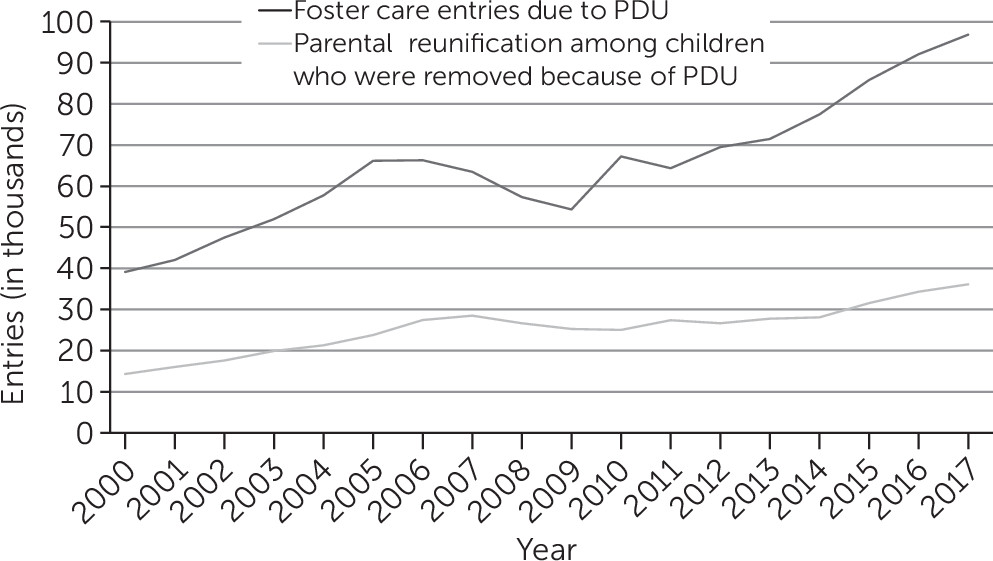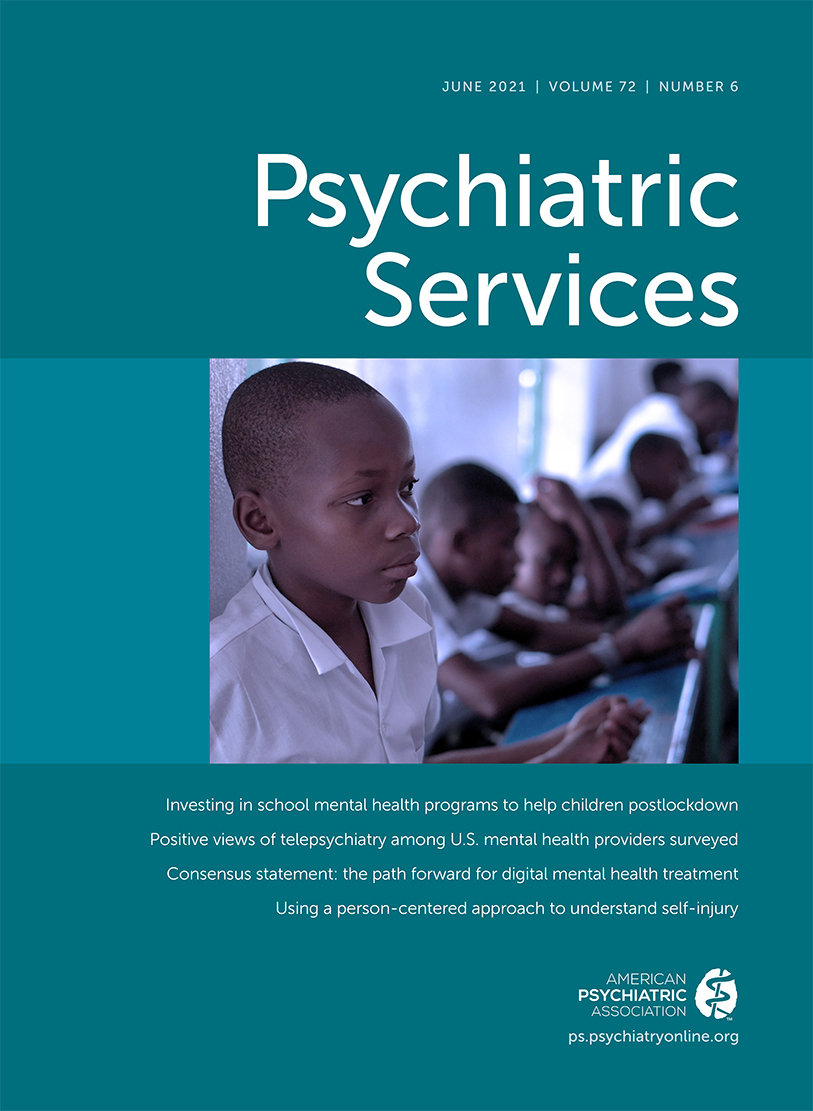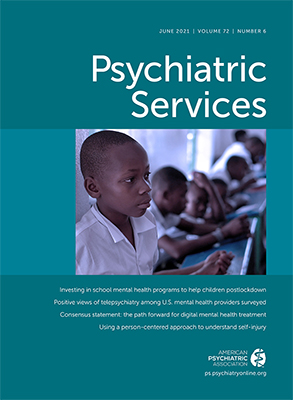Parental drug use (PDU) is a main reason why foster care caseloads have increased in the past 10 years (
1). Parents who receive treatment and related support services for their substance use disorders are more likely to return to their parental roles (
2). However, the number of parents who are able to reach this goal is unknown, even though federal policies prioritize reunification over other outcomes for children in the child welfare system (
3). This is important because despite increases in funding at all government levels to combat the opioid crisis, the child welfare system continues to face significant challenges, such as high caseloads, foster parent shortages, caseworker burnout, and behavioral health care provider shortages (
3).
This study used the 2000–2017 waves of the Adoption and Foster Care Analysis and Reporting Systems. We identified foster care entries among children removed from their homes because of PDU and calculated the number of entries for each year. We also identified foster care discharges achieved through parental reunification among children removed from their homes each year.
The number of foster care entries involving PDU rose dramatically, from 39,130 in 2000 to 96,846 in 2017 (147%), while total entries decreased from 287,428 to 269,775 (6%). The number of children removed from their home because of PDU who were reunified with their parents at discharge increased from 14,310 in 2000 to 36,109 in 2017 (152%) (
Figure 1). Using these counts and the number of total discharges among children removed from their home because of PDU, we found that family reunification rates decreased from 46% in 2000 to 44% in 2017. From the peak of the opioid crisis in 2009 until 2017, reunification rates (per 1,000 children in the population) among children removed from their home because of PDU increased by 44%, whereas foster care entry rates involving PDU increased by 80%.
The continued growth in foster care entries involving PDU, along with the low and decreasing reunification rate, highlights the vulnerability of foster children and underlines the impact of the drug epidemic on children and their families. Complementary child welfare services, such as mental health and substance abuse prevention services and treatment, and post-reunification services may play an important role in supporting families and promoting reunification when possible (
2).
Acknowledgments
Dr. Meinhofer was funded by the National Institute on Drug Abuse (award P30-DA-040500). The child removal data were made available by the National Data Archive on Child Abuse and Neglect, Cornell University, Ithaca, New York, and used with permission. The collector of the original data, the funder, the Archive, Cornell University, and their agents or employees bear no responsibility for the analyses or interpretations presented here.


